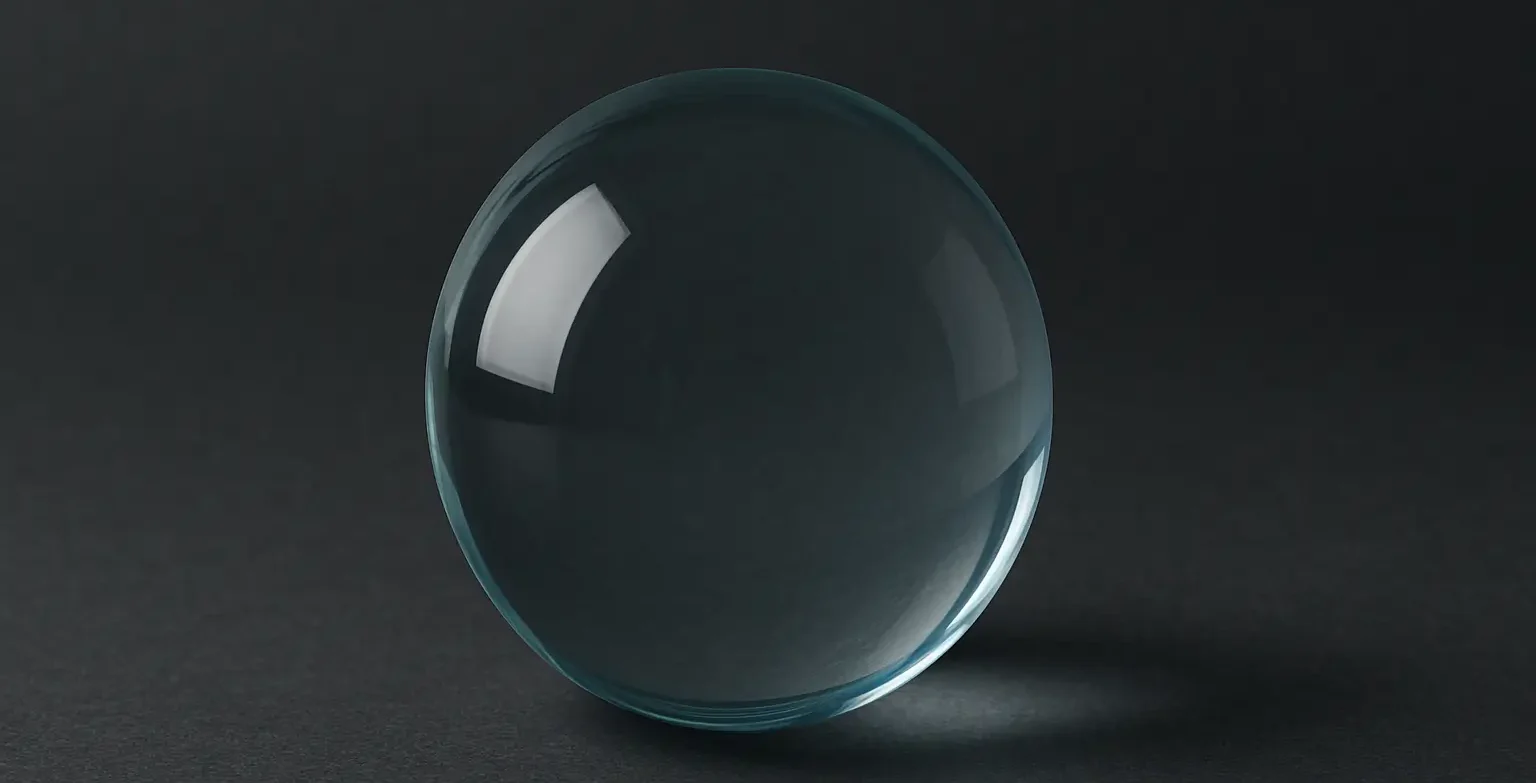- Glassy States refer to the amorphous state of a material where it behaves like a solid but has a disordered atomic structure like a liquid.
Characteristics of Glassy States:
- Non-crystalline: Lacks long-range order typical of crystals.
- Transition: Forms when a liquid is cooled rapidly, bypassing the crystalline state, resulting in a solid without a defined melting point.
- Brittle: Often hard and brittle.
Examples:
- Common Glass: Silicate-based, used in windows and bottles.
- Polymers: Certain plastics like polystyrene can be in a glassy state.
Applications:
- Glasses: Used in windows, bottles, and optical fibers.
- Polymers: Many plastics are in a glassy state at room temperature.
- Metallic Glasses: Alloys that are cooled rapidly to avoid crystalline structure, used for their unique mechanical properties.
Click Here to Watch the Best Pharma Videos

